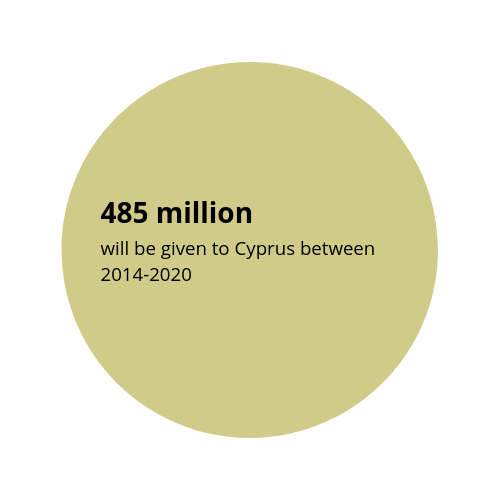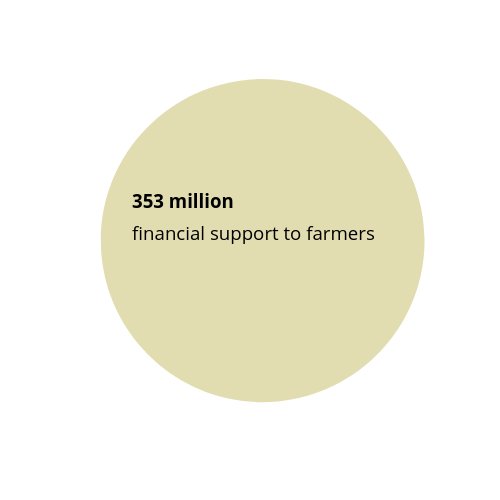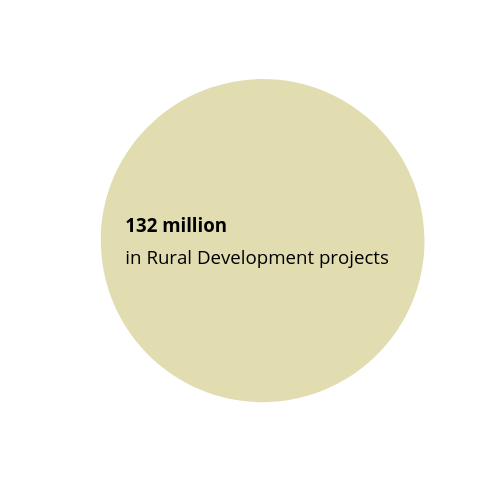CAP in Cyprus
As a full member state of the European Union since 2004, Cyprus benefits directly from the CAP which significantly supports farmers and contributes to rural development.
The CAP directly supports the small farms in Cyprus (75% of the total number of farms of the island) that need the support of the EU to ensure a high standard of living of those employed.
CAP also contributes to the improvement of living conditions in rural areas of our country through rural development measures and protects industry professionals and consumers, focusing mainly on traditional sectors of the Cypriot agricultural economy (wine, fruits and vegetables) with market protection measures.
CYPRUS AGRICULTURE at a glance
Did you know…
in Cyprus there are eight products registered in the EU.
PROJECTS FUNDED THROUGH THE CAP
The Rural Development Programme is one of the pillars of the Common Agricultural Policy. It includes a series of measures aimed at enhancing the competitiveness of agriculture, ensuring the sustainable management of natural resources and the development of Europe's rural areas, including job creation measures. The Programme is addressed to a wide range of beneficiaries such as farmers, businesses, individuals, local authorities, government departments and other stakeholders. In Cyprus, some of the projects that have been co-funded through the Rural Development Program between 2007-2013 and 2014-2020 are the following.
ΒUSINESS SUPPORT
RURAL DEVELOPMENT
ENVIRONMENT AND CLIMATE CHANGE
Cyprus and the New Cap
Cyprus has the lowest share of young farmers in the European Union with a percentage not exceeding 1.5% of the total number of people employed in agriculture.
The New CAP will aim at the renewal of generations in agriculture by supporting young people to be active while creating a good working environment and good living conditions in rural areas.
Cyprus has the most sales of veterinary antibiotics in the entire European Union.
The New CAP will support all Member States in the fight against antibiotics, aiming at safe and quality food through the adoption of practices that respect the environment, good health and animal welfare.
Cyprus produces almost twice as much greenhouse gas emissions as the European average, despite the progress made over the last two decades.
The New CAP aims to mitigate climate change through the use of new technologies and good agricultural practices, the reduction of waste of agricultural products and the use of renewable energy sources.






